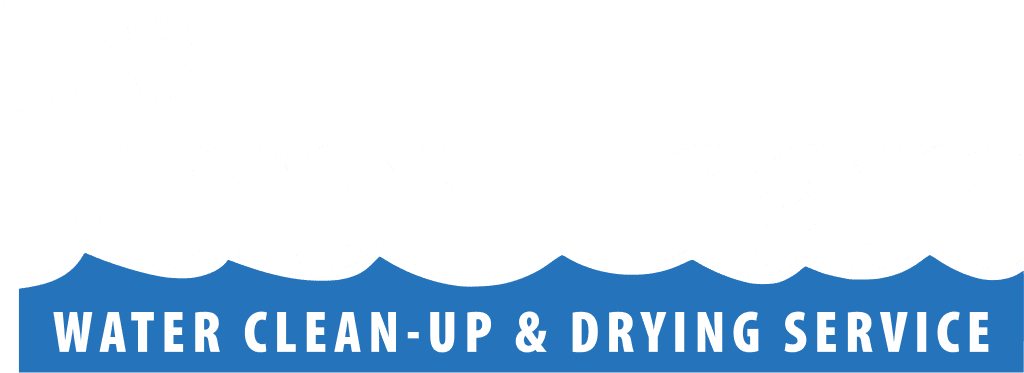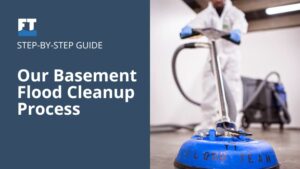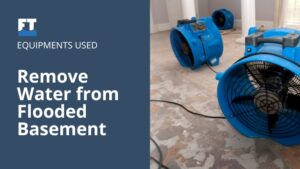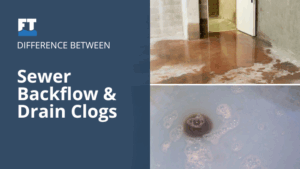Water damage has a sneaky way of showing up when you least expect it. A burst pipe, a leaky roof, or even a forgotten faucet can quickly turn your home into a soggy mess. In that moment of panic, it’s easy to wonder: Should I try to fix this myself or call in a pro?
Both options come with their own set of pros and cons. Some homeowners love the idea of rolling up their sleeves and saving money with a DIY approach. Others want the peace of mind that comes with professional water damage repair. The choice isn’t always simple, but understanding what each path involves can help you make the right call when the pressure’s on. Let’s look at each side.
What Counts as Water Damage?
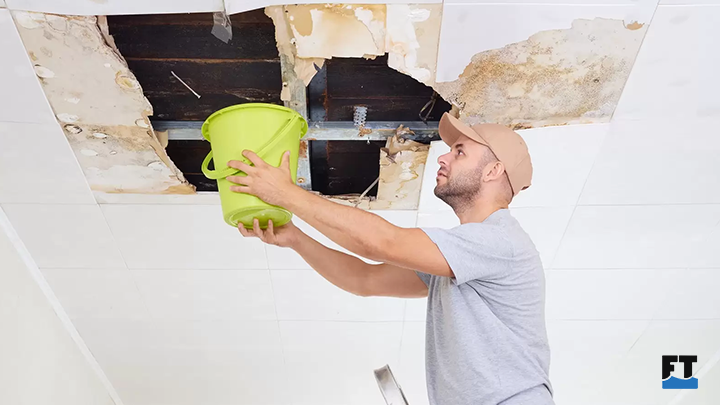
Water damage isn’t always dramatic. Sometimes it’s obvious, like standing water in the living room. Other times, it’s sneaky—maybe a slow leak behind a wall or moisture under a floorboard.
There are three types of water damage:
- Clean water (from pipes or rain)
- Gray water (from sinks or washing machines)
- Black water (from sewage or floodwaters)
The longer it sits, the worse it gets. Mold can start growing within 24 to 48 hours. Floors can warp. Walls might need to be ripped out. And that small leak? It could result in a serious repair bill if left unattended.
Pros and Cons of DIY Water Damage Repair
Pros
Some people love the challenge of fixing things themselves, and for minor signs of water damage, DIY can work.
If the damage is minor, like a spilled glass of water on the carpet or a minor leak under the sink, you can usually handle it with some towels, a fan, and patience.
Benefits of going DIY:
- Saves money on labor and service calls
- You can start the cleanup immediately.
- You stay in control of the whole process.
- Feels good to fix it on your own
DIY works well for small spots on tile or linoleum, or if you catch the leak early and dry it fast. Just be sure you’re 100% sure the moisture hasn’t spread further than you can see.
Cons
Now for the real talk. DIY water damage repair can go sideways fast. What appears to be a small puddle may be a soaked subfloor. Or water may have seeped behind your walls.
Risks of DIY:
- You might miss hidden water damage.
- Lack of tools to measure moisture levels.
- Mold might start growing unnoticed.
- You could void your insurance claim.
- Fixing it twice costs more than calling a pro once
If you’re using your judgment and a few fans, there’s a chance you’ll dry the surface but leave moisture behind, especially in drywall, insulation, or wood framing.
Pros and Cons of Professional Water Damage Repair
Pros
This is where the professional water damage repair shines. They have tools and training that surpass what most homeowners have in their garages. Moisture meters, industrial dryers, thermal imaging—these can catch and fix problems that aren’t visible to the eye.
Reasons to go pro:
- Fast response and full water damage cleanup.
- They catch things you might miss.
- Mold prevention treatments are included.
- They can handle insurance paperwork.
- It often comes with a guarantee or warranty.
A water damage restoration company can arrive within hours and initiate the drying process immediately. That matters, especially if the damage is from contaminated water or affects more than one room.
Cons
Nothing’s perfect, right? Hiring professionals comes at a cost. Expect to pay a few hundred to a few thousand dollars, depending on the severity of the damage.
Some drawbacks:
- Higher upfront cost.
- You might have to wait during busy seasons.
- Some companies push unnecessary extras—so do your homework.
That said, if insurance is covering it, this becomes less of a problem. And if your time is limited or you don’t feel confident doing it yourself, it’s usually the safer bet.
When to DIY and When to Call a Professional
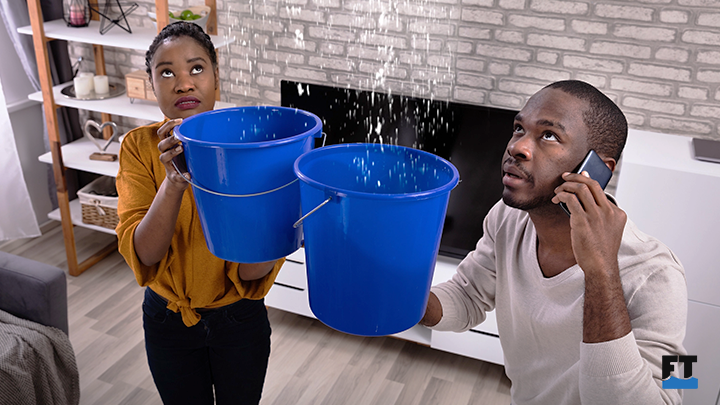
Still unsure which way to go? Here’s a quick breakdown.
DIY is fine if:
- You catch the leak right away
- It’s clean water
- The area is small (like a bathroom mat or under the sink)
- You’re confident you’ve dried everything.
Call a professional if:
- The water has been sitting for more than a day.
- You suspect mold growth.
- The water came from a toilet or a flood.
- It soaked the walls, carpets, or hardwood.
- You’re filing a water damage insurance claim.
Use your gut—and if something feels off, it’s safer to have an expert take a look.
Tried DIY? Don’t Risk Hidden Water Damage—Call The Experts
Tried drying it out, but still not sure if your walls or floors are safe? Hidden moisture and mold can sneak up fast. When in doubt, trust the experts. The Flood Team is ready 24/7 to step in with professional water damage restoration services —fast, thorough, and with zero guesswork.
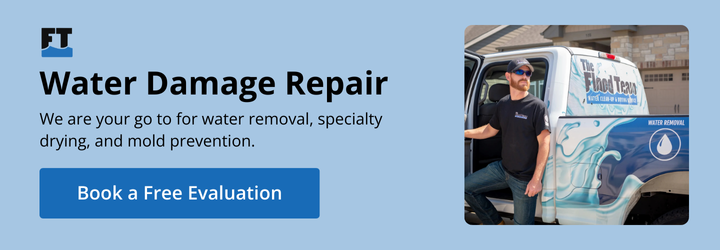
Final Thoughts
Water damage doesn’t wait, and neither should you. Whether you fix it yourself or hire help, acting fast is the most important thing. Small leaks can become big headaches if ignored. If you’re confident it’s minor, go ahead and dry it out. But if you’re unsure or the damage looks bad? Hire the professionals for water damage repair. Your home and your peace of mind are worth it.
FAQs
Can I mix DIY and professional repair?
Absolutely. For example, you clean up the mess first, then call in pros to check moisture levels and do final drying.
How much does professional water damage repair cost?
It depends. A minor fix might be a few hundred. Bigger problems can run into the thousands. Get a quote first.
How fast does mold grow after water damage?
Usually within 24 to 48 hours. That’s why it’s so important to dry things out fast.
Will my insurance cover water damage?
Sometimes. Sudden leaks are often covered. Long-term leaks usually aren’t. Check your policy or call your agent.
How do pros dry out walls and floors?
They use heavy-duty fans, dehumidifiers, and moisture meters. It’s way more effective than just opening a window.
